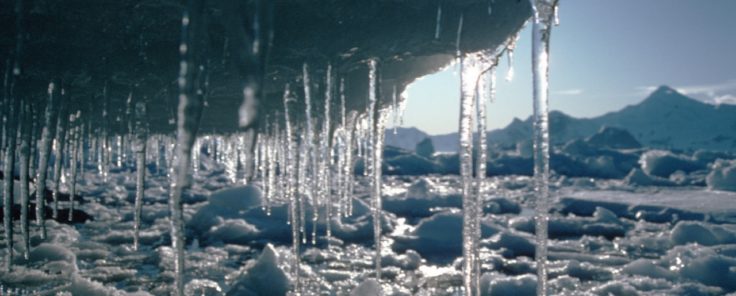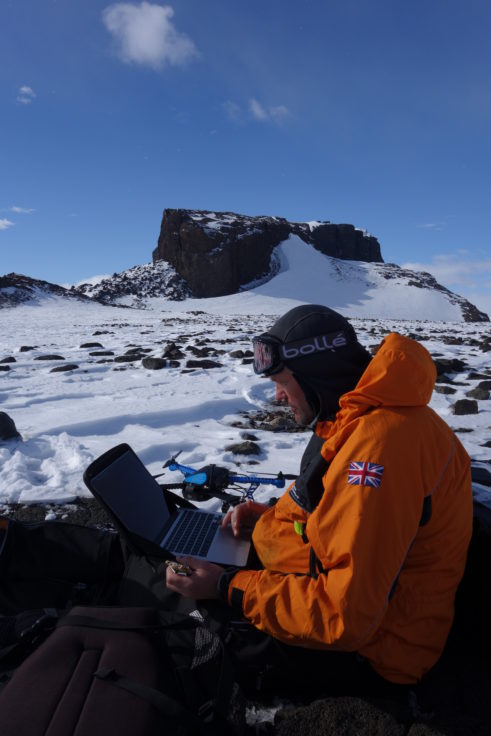The British Antarctic Survey (BAS), launches its new ten-year science strategy today (19 June) that addresses urgent scientific challenges facing our world, namely in the continents of the Arctic and Antarctic and the impact that the Polar Regions have across our planet.
In BAS's 60th anniversary year, Polar Science for a Sustainable Planet will continue to research and monitor these vital regions known for their global significance and effect on climate change, providing valuable data for policy makers and decision makers.

BAS Director Professor Dame Jane Francis says:
"This is a crucial time for polar science as our planet is changing. The ice sheets of Antarctica and Greenland are like sleeping giants which we can see are beginning to awaken - the impact of this will be devastating for the rest of the planet. In the Arctic, has the climate system already been tipped past the point of no return? We are trying to find out.
"And yet there is still much to discover in the Polar Regions. Our new research ship RRS Sir David Attenborough, and logistics expertise, will enable scientists to investigate the deepest parts of the ocean to the most inaccessible parts of the polar ice sheets."
Through cutting-edge research, national and international collaboration, and technological innovations such as autonomous vehicle fleets, Artificial Intelligence and satellites, Polar Science for a Sustainable Planet aims to address the scientific challenges of the Polar Regions and contribute to global efforts in providing the best information to tackle climate change.
Dr Scott Hosking is the Science Team Leader for the BAS Artificial Intelligence Lab. He says:
"AI technology is accelerating at a rapid pace, transforming the way we both see and interact with the world around us. As our planet also experiences unprecedented changes we must seize this moment and ensure AI becomes a force for good to help tackle the climate and biodiversity crisis head-on.
"Through its computational prowess, and unique problem solving and pattern recognition capabilities, BAS will use AI to unlock the mysteries of the Polar Regions by unravelling complex climate and ecosystem dynamics, and pave the way for new technological solutions to deliver science and innovation more efficiently to safeguard our planet for future generations."

Polar Science for a Sustainable Planet comprises an ambitious programme of scientific activities which focus attention on pressing regional and global issues. The science strategy comprises five scientific themes. They are:
- How the Polar Regions are responding to and mitigating climate change;
- The impact on infrastructure and society from sea-level rise and space weather;
- Environmental changes across our frozen regions and how they are affecting society and livelihoods;
- How biodiversity at the poles responds to change;
- The impact of tipping points triggering extreme changes at the poles.
Discover more on the science strategy pages: https://www.bas.ac.uk/science/our-research/our-strategy/






